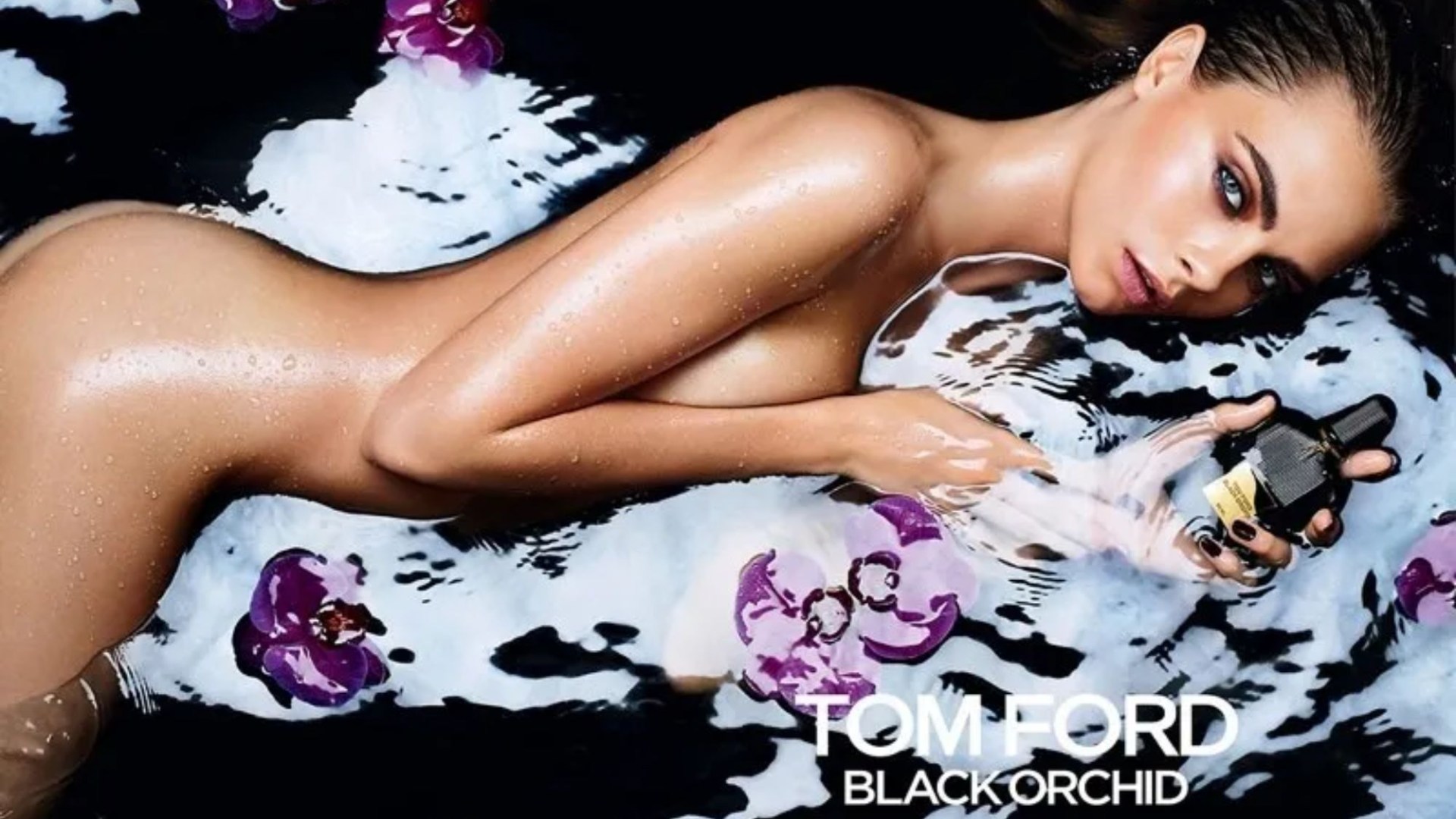LINGERIE manufacturer Bluebella has had a rude awakening overs its newest advert, which has been slammed as “exploitative” and “porny” by fuming sporting activities stars.
The controversial campaign, which aimed to encourage ‘body positivity’, exhibits Crew GB Rugby Sevens stars Ellie Boatman, Jasmine Joyce and Celia Quansah in racy lingerie although actively playing a game.
10

10
On the other hand, previous tennis star Martina Navratilova, ex-swimmer Sharron Davies and former British length runner Mara Yamauchi have led a wave of critics slamming the advert as “sexist”.
Davies, who gained silver at the 1980 Olympics in the 400metre medley, took to social media to say: “What the real – this is an completely shameful campaign, whose braindead plan was this?
“Oh yeah let’s get experienced feminine sporting activities gals in porn underwear! Exceptionally regressive… stereotypes but once again.”
Prolonged-length runner Mara Yamauchi added on her possess web page: “WT*F?! This is exploitative, demeaning, sexist, regressive rubbish.
“Of system the supposed audience is men. Portraying females as sexual intercourse objects will not motivate teenage girls into activity.”
The ad has divided the public way too, with a single mum contacting it “utterly stunning”, though a enthusiast insisted: “Love the celebration of a better variety of body sorts these women of all ages search strong and impressive!”
And it is not the to start with time a risque advert has pushed the boundaries with its racy material, main to a furious backlash.
Below, we have a seem at the strategies that have remaining fans divided and stunned the globe.
Seashore human body prepared
9 decades ago, Protein Earth introduced their infamous ‘Are you beach entire body completely ready?’ advert, which promoted their excess weight decline merchandise.
The clumsy wording was slammed as shaming and outdated, and led to a massive public discussion about perceptions and anticipations about entire body graphic for females.

10
A petition on transform.org contacting for the advertisement to be banned was signed by more than 65,000 people today in just two months in April 2015.
The campaign was banned by the Marketing Benchmarks Authority (ASA) on April 30 that 12 months.
Having said that, the backlash noticed the business make £1million in four days soon after income were being unintentionally boosted, according to Forbes.
Shortly right after it was released in the Uk, Sadiq Khan introduced designs to ban adverts that demeaned girls on the London Underground.
He claimed: “As the father of two teenage ladies, I am exceptionally worried about this form of advertising and marketing which can demean people today, specially gals, and make them ashamed of their bodies. It is large time it came to an close.
“Nobody should experience pressurised, whilst they journey on the Tube or bus, into unrealistic expectations encompassing their bodies, and I want to send out a apparent concept to the marketing business about this.”
Calvin Klein storm

10
Calvin Klein landed by itself in sizzling drinking water right after a marketing campaign which noticed them location 15-year-aged actress Brooke Shields alongside a suggestive tag line.
In the tv edition of the adverts, she claimed the now infamous line: “Do you know what will come concerning me and my Calvins? Nothing.”
The marketing campaign brought on uproar in 1980s The us. ABC and CBS both of those banned the adverts, but there was no apology from Calvin Klein.
Lately, Brooke, 59, insisted that she did not see a dilemma with the advertisements, and that the full stage of Calvin Klein was being provocative.
“It was a phrase. It was not ‘I’m not carrying underwear’ or ‘come’ was not spelled otherwise, it was c-o-m-e, I was like, ‘what’s the dilemma?’” she saidon The Late Demonstrate with Steven Colbert.
Brooke formerly addressed the ad in an job interview with Vogue.
“I didn’t think it was about underwear or sexual in mother nature,” Shields explained. “What was stunning to me was to be berated by ‘Oh, you realized this was occurring. This is what you considered. You were being imagining these ideas.'”
Record repeating
Calvin Klein plainly hadn’t learnt their lesson from the backlash over Brooke when they made an advert in 1995 with designs who appeared extremely young.
The adverts ended up set all around Television, billboards, and the side of busses.
Critics slammed it for sexualising individuals who looked beneath the age of consent, and children’s welfare groups voiced worries.
It prompted the US division of Justice to get associated and open an investigation as to if any rules experienced been violated by the controversial ads, according to Buzzfeed.
Even so, the inquiry was dropped when Calvin Klein presented proof that all the versions were older people.
The enterprise took out a comprehensive web site advert in The New York Situations, professing they were “taken aback” by the backlash and that their eyesight had been “misunderstood by some”.
They also said they would be pulling all the ads.
Gucci’s G-spot

10
In 2003, Gucci manufactured headlines for its provocative General public Enemy campaign.
It featured 24-12 months-previous Carmen Kass pulling her knickers down to exhibit a letter G shaved into her pubic hair.
On his knees in entrance of her was a guy in a provocative posture.
It sparked uproar from the Family Instruction Have faith in and Mediawatch United kingdom, however only 16 users of the public complained to the ASA.
Day by day Mail columnist Bel Mooney condemned the style residence, contacting the creators of the advertisement “no much better than pimps and individuals who market sexual expert services in cellphone boxes”.
Gucci argued that the advert was a collaboration with legendary trend photographer Mario Testino, and had only appeared in 4 substantial trend publications and was hardly ever supposed to be offensive.
While it wasn’t banned, it has remained one particular of the most controversial adverts of all time.
Udder controversy

10
French luxury cosmetics corporation Sisley arrived beneath hearth in 2001 for an edgy advert showcasing a cow’s udder.
Product Josie Maran was photographed in a sexually suggestive situation consuming milk straight from a cow’s udder.
The marketing campaign aspect other pics of styles on a farm, but none of the other people brought about as significantly controversy.
The photos, shot by Terry Richardson, have been banned simply because of the sexually suggestive mother nature.
Finally, the advertisement was banned.
Products placement

10
Tom Ford set pulses racing and brought about outrage with their For Males fragrance marketing campaign in 2007.
The shot, photographed by Terry Richardson, observed a bottle of fragrance strategically positioned in between a woman’s legs that were unfold.
Yet another image from the marketing campaign showed a bottle put amongst a woman’s breasts, which ended up staying grasped by her palms with pink nail varnish on.
In both photographs, the lady appears to be oiled up as very well.
The “Tom Ford For Males: The Initially Fragrance for Gentlemen from Tom Ford” campaign was banned in Italy and other international locations.
In the British isles, it was not banned as it was found to fit with the reducing edge sexual mother nature of the Tom Ford brand name.
Cara backlash

10
Even so, the brand name discovered alone in scorching h2o yet again in 2015 with the Black Orchid fragrance marketing campaign.
The direct impression highlighted Cara Delevingne naked in a bathtub, surrounded by black orchids and keeping the fragrance.
It saw outrage from the public, who complained to the UK’s ASA inquiring for it to be banned.
In their ruling, the ASA said that the marketing campaign could keep but could not be placed within 100 metres of a university.
Conveying its choice, the board stated: “Whilst they [Tom Ford] accepted the design was nude… they consider neither her pose nor facial expression have been sexually suggestive and ended up classical in character, and experienced been depicted in artwork.”
Baring it all

10

10
Yves Saint Laurent is yet another luxurious manufacturer that just isn’t scared to cause a stir with its advertising campaigns.
But a lot of truly feel it went far too far when it confirmed a model absolutely naked, together with his penis, in promo photographs for their M7 male fragrance.
The 2002 advert starring Samuel de Cubber noticed hundreds complain to the ASA.
Right after it went live in France, his mother and father gained mocking photos, even though Samuel saw heaps of women sending fan mail supplying to meet him, according to The New York Situations.
The advert was banned in the Usa, with a waist up edition staying made use of as a substitute.
Then artistic director Tom Ford argued in favour of the advertisement, stating: “Perfume is worn on the pores and skin, so why hide the overall body?”
YSL experienced previously been in problems two years before for its Opium advert that includes Sophie Dahl entirely bare and in a sexual place.
It bought 730 problems, earning it one of the most complained about in the ASA’s heritage.
The watchdog dominated that all the posters need to be withdrawn because they ended up “degrading” to women, “also sexually suggestive”, and offensive.




